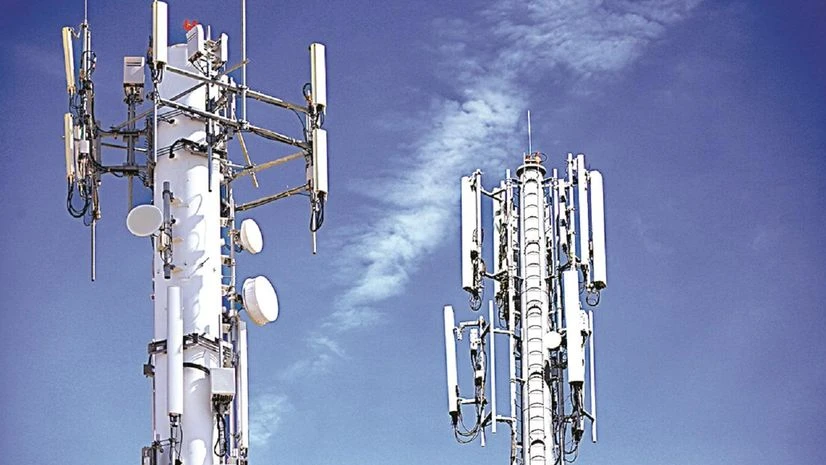Doubling down on curbing the deluge of spam calls and messages, the Telecom Regulatory Authority of India (Trai) on Wednesday announced a review of the existing rules, including the definition of 'commercial communication'. The move is aimed at finding ways to curb the use of autodialers or robocalls, filter pre-recorded messages, bulk texts, and reduce the minimum time taken to redress consumer complaints.
The telecom regulator has issued a consultation paper on reviewing the Telecom Commercial Communications Customer Preference Regulations, 2018 (TCCCPR-2018), the government's main legal arsenal to battle the menace. Currently, spam is classified as “unsolicited commercial communication” (UCC), usually sent by unregistered telemarketers (UTMs).
Aimed at finding ways to strengthen the regulations, the consultation paper seeks stricter provisions against UTMs, improved complaint redress mechanisms, more effective UCC detection systems, stronger financial disincentives for violation of regulatory provisions, and revised regulations for senders and telemarketers. Public comments on the paper have been sought till September 25.
While there are about 16,000 registered telemarketers (RTM) in the country, telcos are currently required to act against UTMs by giving a warning, putting them under the “usage caps” for a fixed number of calls and messages per day, or disconnecting services for repeat violations. On the third instance of violations, telemarketing connections will be disconnected for a period of up to two years and blacklisted.
However, many entities have started making promotional calls using 10-digit mobile/landline numbers. These entities are also resorting to the use of autodialers or robocalls, “bypassing regulatory provisions, and thereby creating nuisance to almost everyone,” Trai said.
Also Read
Some progress made
Trai has stressed the existing regulations implemented on blockchain-based Digital Ledger Technology (DLT) platforms run by telecom service providers have led to substantial control on spam from RTMs. Businesses need to register on DLTs by submitting relevant details and get access to exclusive headers and message templates — keywords denoting a business or brand that pops up when a phone user receives a message. Those who don't, are marked as unregistered telemarketers, and barred.
It has enabled registration of about 2,80,000 Principal Entities (PEs) or businesses such as banks, financial institutions, insurance companies, trading companies, and real estate firms, among others, alongside 30 lakh active headers and 60 lakh active message templates, Trai said.
In August, Trai has been on the offensive on the issue of addressing spam. Telcos have been asked to strictly monitor and disconnect bulk connections owned by businesses if they engage in spam calls, and ensure that they enable a system to ensure the traceability of the message flow by October 31.
On Tuesday, Trai told the Reserve Bank of India (RBI), various sector regulators and government agencies to implement the mandatory whitelisting or registration of internet links, Android application packages (APKs) and callback numbers sent through text messages by September 1 at a meeting of the Joint Committee of Regulators (JCOR).

)